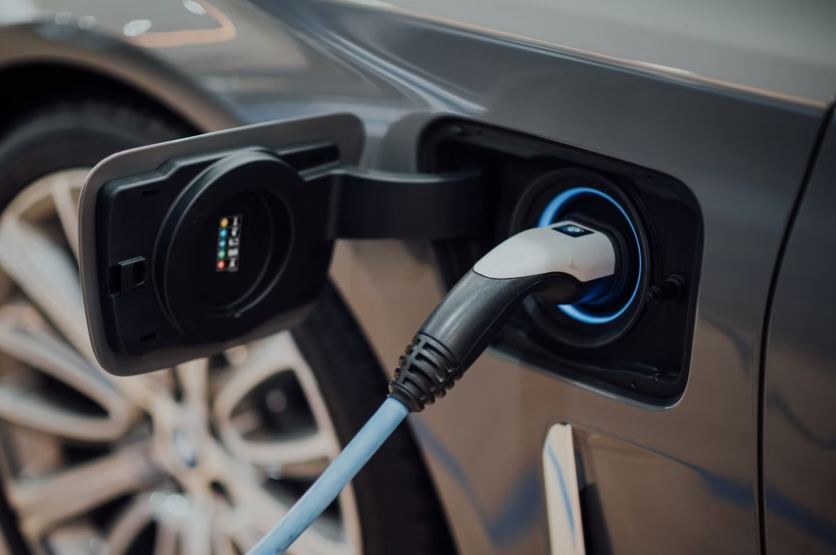
China has announced that it wants electric vehicles to make up 40% of new vehicles sold by 2030. However, the local government needs to figure out how to keep all of the EVs charged.
China Wants to Switch to EVs
In January, Chinese government guidelines required that each parking space in new residential buildings come with charging stations for electric vehicles.
Some cities have already required this and have subsidized the cost of adding EV chargers to older residential buildings and parking lots, according to Global Electricity.
However, the driving habits in China differ from those in the United States. Chinese car owners rely on public charging stations, unlike their Western counterparts.
State Grid and Southern Grid, the two main state electric companies in the country, maintain networks of high-speed charging stations along the highways.
Meanwhile, private electric companies are the ones that install charging facilities within the villages and cities, according to Wired.
Putting a Strain on the Grid
The Chinese government's new guideline regarding the charging stations for EV vehicles is easier to apply to new neighborhoods, but for the older ones, it can put a strain on the grid, and even the utility companies are reluctant to make any upgrades.
Instead, the companies are direct charging providers to build stations where the grid is strong enough for EV charging, but the problem is the locations are not convenient for drivers.
Also, the EV chargers built along the highways and at public stations are too slow. Several outlets billed as fast chargers only offer 50kW charging, and it takes about an hour to charge an EV fully.
Roadside stations are required to offer 100kW charging or higher, which can replenish a vehicle in only 15 minutes.
China aims to have 40% of the vehicles in the country to be electric by 2030, which means that a lot more vehicles will need to be charged.
This requires the Chinese government to place charging stations across the country by 2025 to meet the needs of more than 20 million cars.
China's Big Tech Crackdown
The Chinese government seems to have a tight grip on the tech industry. Aside from the EV charging station requirements, authorities have also introduced new laws to limit the amount of time that children can play online games.
In August 2021, Chinese officials became more strict with how long players under the age of 18 spend online. The regulatory intervention is designed to tackle internet addiction amongst the youth.
Anthony Fung, a professor in digital media at The Chinese University of Hong Kong, has stated that the government doesn't even talk about its policies. They implement them.
In March 2022, China expanded the video game rule to streaming services and several social media platforms. The government also launched new rules around algorithmic recommendations, according to SCMP.
However, the gig economy workers who rely on algorithmic decisions were heavily hit by China's new law.
Graham Webster, a research scholar at Sandford University's Cyber Policy Center, told Wired that the Chinese government was able to move quickly in developing and putting into effect its new regulations.
The effectiveness of the new regulations is still being questioned as they are adding a massive burden to tech companies and the people who rely on them.
Related Article : China's Huawei, Baidu, Xiaomi Invests $19b on Electric Vehicle Ventures, Self-Driving Technology
This article is owned by Tech Times
Written by Sophie Webster
ⓒ 2025 TECHTIMES.com All rights reserved. Do not reproduce without permission.




